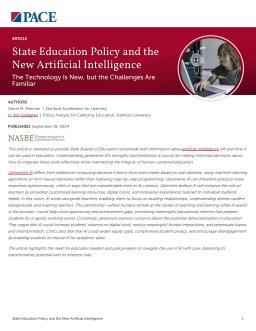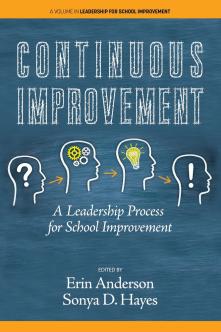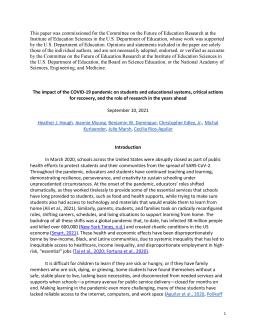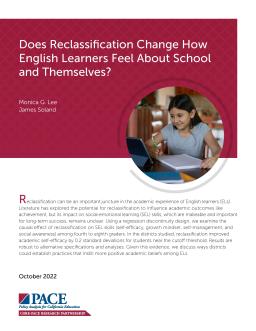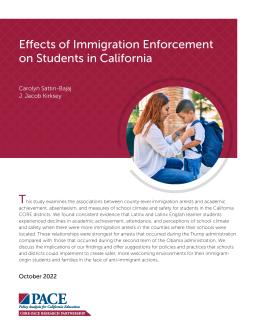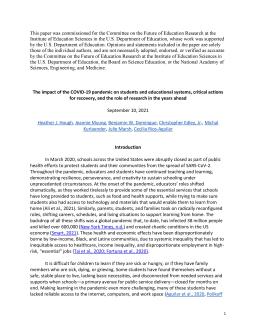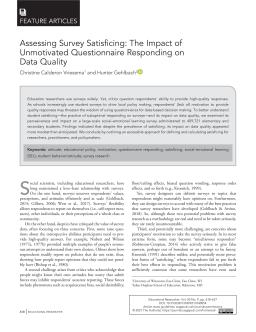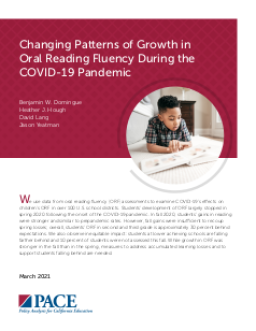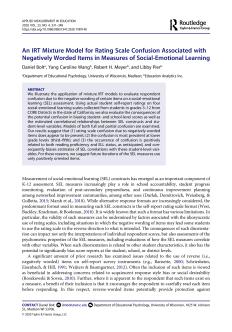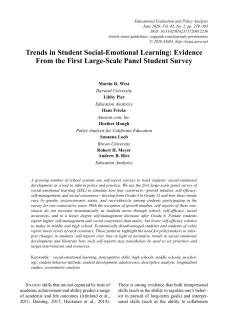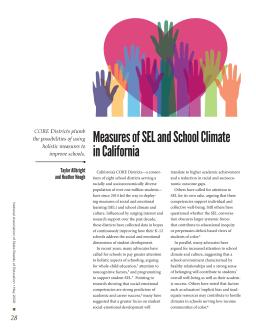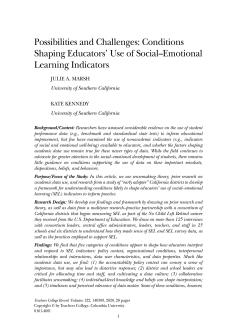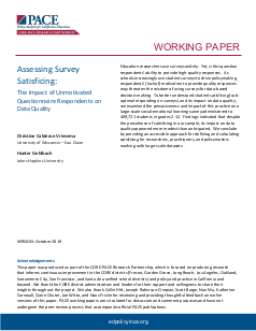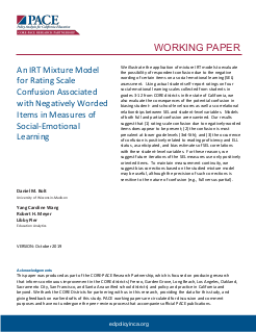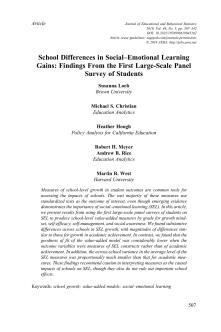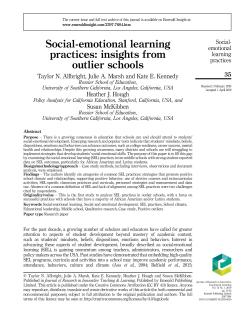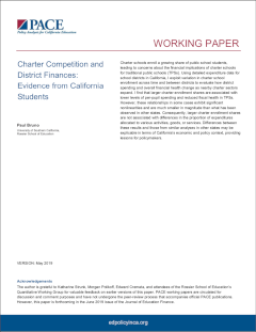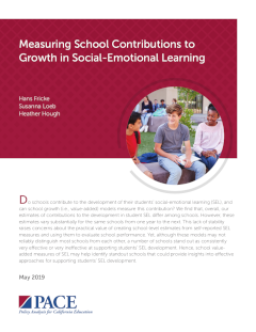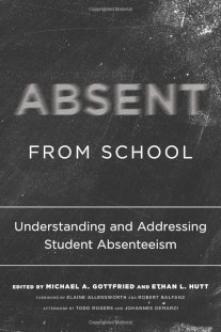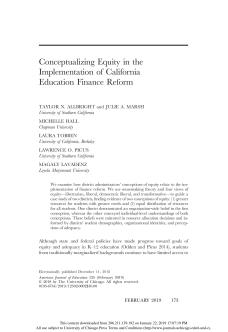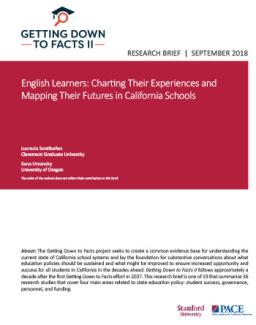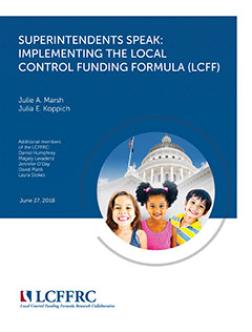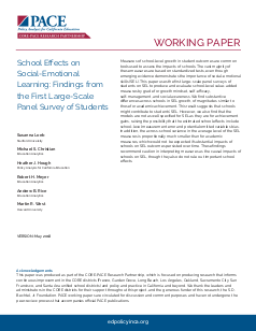Summary
Optimists believe AI will partner with teachers to provide customized learning resources, digital tutors, and innovative experiences tailored to individual students’ needs. Pessimists express concerns about the potential dehumanization of education, arguing that AI could increase students' reliance on digital tools, reduce meaningful human interactions, and perpetuate biases and misinformation. In this article, the authors highlight the need for education leaders and policymakers to navigate the use of AI with care, balancing its transformative potential with its inherent risks.
Summary
Summary
Summary
Summary
Summary
IES issued a report on the future of education research at the National Centers for Education Research and Special Education Research. The report identifies issues, details new methods and research investments needed in the future. PACE produced a paper to synthesize existing evidence in the field and frame recommendations. Public input and outside experts were also consulted.
Summary
Summary
The COVID-19 pandemic had a significant negative effect on the oral reading fluency (ORF) of US students in grades 2-3 in over 100 school districts, with students falling 30% behind expectations. While there was some recovery in the fall, it was insufficient to make up for the spring losses. The impact is particularly inequitable, with lower achieving schools being hit harder, and 10% of students not being assessed. Addressing accumulated learning losses and supporting struggling students is necessary.
Summary
Summary
Summary
Summary
Summary
Summary
Summary
Summary
Summary
Summary
Summary
This report examines the stability of school effects on social-emotional learning (SEL) over two years in California's CORE districts. The correlations among school effects in the same grades across different years are positive but lower than those for math and ELA. While these effects measure real contributions to SEL, their low stability draws into question whether including them in school performance frameworks and systems would be beneficial.
Summary
In "Absent from School," PACE Executive Director Heather J. Hough analyzes student absenteeism using data from California's CORE districts. She explores the differences in absenteeism rates among students and schools, comparing them to other performance indicators. Dr. Hough also examines how schools' performance on chronic absence metrics corresponds to other accountability measures, highlighting the implications for reporting school-level measures of chronic absenteeism.
Summary
Summary
California's 1.3 million English learner (EL) students have diverse needs, and many lack access to grade-level content instruction, with English language development falling short. Bilingual and dual immersion programs benefit ELs' academic, linguistic, social, and life outcomes, but reclassification policies are currently in flux. Early-career teachers may not be adequately prepared to teach ELs, and funding mechanisms are weak. EL outcomes are complex to interpret as students move in and out of the subgroup, and education sectors are not aligned to address ELs' needs.
